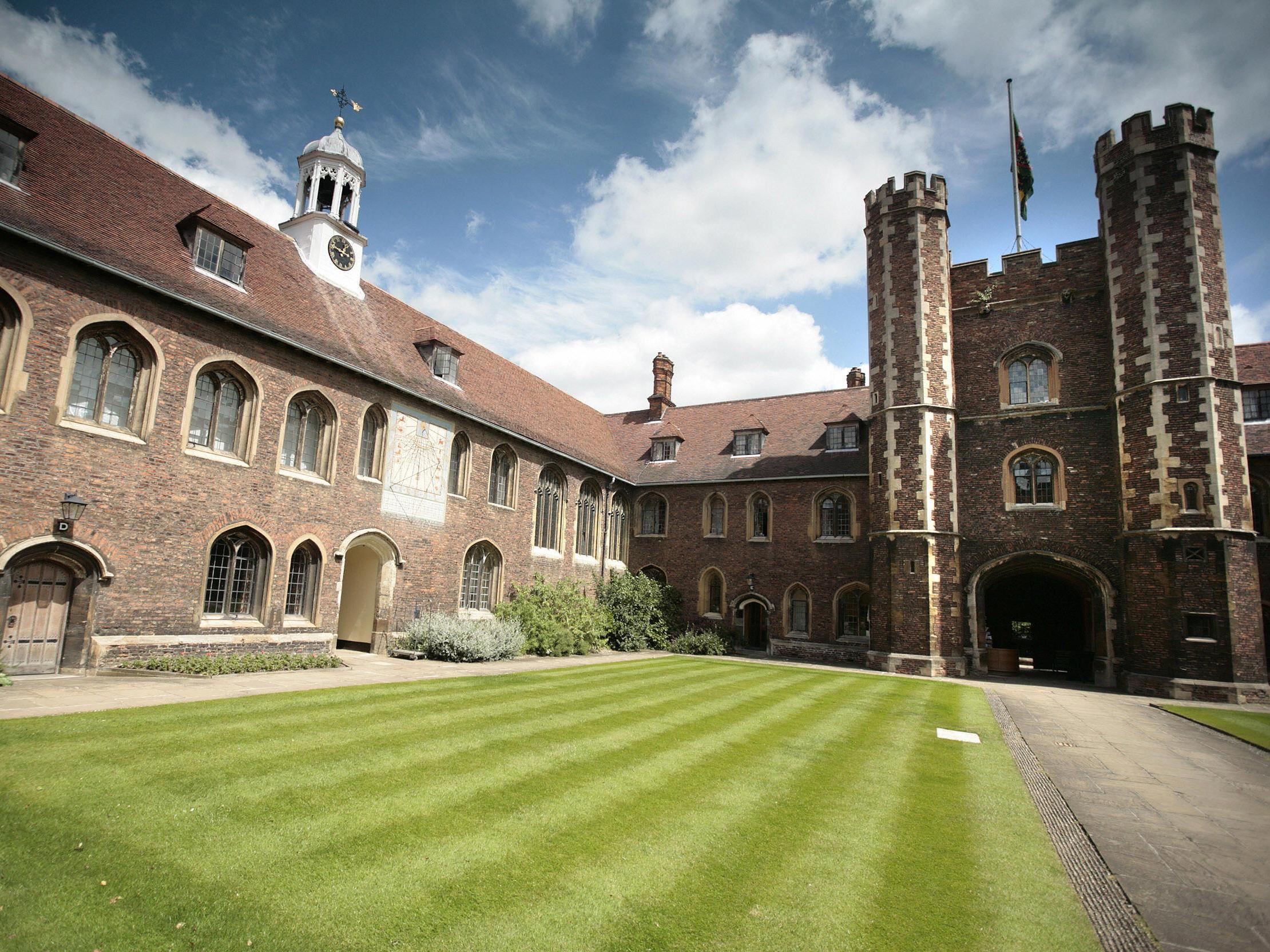I’ve seen firsthand that academic spaces have a problem with racial slurs – no wonder PhD students are quitting
Those who have complained about the institutional discrimination have had to face everything from gaslighting behaviour from lecturers to death threats on social media

I’ve been incredibly lucky to have dodged institutional racism up until now. Academic spaces have been kind to me, but they’re not kind places to most people of colour. I know that I’m the exception to the rule. I also know that the institutional issues faced by other PhDs and academics across the country had to catch up with me at some point.
This year, at a conference in Cambridge, I found myself in an awkward scenario, where a white speaker used the N-word and several other racial slurs during a presentation. I’m not here to name and shame that person, which is why I won’t give any identifying information, but as the only non-white person in that room, I found myself having to call the speaker out.
I did it because I didn’t think I had any choice but to do so. I knew that I had to be a voice for people of colour in that space, to demand better for us, but I also knew I couldn’t show how upset I was, or I’d be dismissed as angry, or confrontational. I knew that in these spaces, it was always the job of the person of colour to educate the person in the wrong, whether I liked it or not.
So, I explained, politely, that the use of those slurs was offensive, and that whilst the presentation on historical racism was incredibly interesting and that we, as historians, shouldn’t minimise the prevalence of racist attitudes in the past, there were other ways of getting the point across – ways which didn’t involve loudly saying the N-word several times in the space of 15 minutes.
I asked the speaker if perhaps this might be part of the ongoing conversation about how best to approach source material that evidenced racist views, and noted that it was likely that they hadn’t intended to offend. I don’t know if my saying anything helped to change that speaker’s approach, but several members of the audience spoke to me after, and expressed support for what I’d said, saying that it was shocking to witness. But I hadn’t been surprised, because institutional racism is the norm.
Racial slurs are used in academic spaces, and if you don’t like that, you’re often accused of “attacking free speech”. Those with status in educational institutions don’t acknowledge the fact that there are challenges their peers from minority backgrounds face (assuming they have any – there are very few academics with permanent or senior positions), despite recent proof that institutional racism is a real and pressing issue. And when institutions are faced with a scandal about racism, they often respond by asking their employees of colour to educate others about racism.
On the train back to Manchester later that day, I wondered how someone did a PhD, one studying racism, no less, without realising that saying racial slurs out loud is offensive. I wondered how they studied at Cambridge and had no idea about the best practise in this field, in which academics often: notify their audience of sensitive language; censor the slurs which are obvious to the audience, or leave them up on a slide for the audience to read, to avoid speaking slurs out loud.
On that train, I thought about racism. I wondered how many times that speaker had used those words in academic presentations, where no person of colour had been in the room. I wondered how many rooms full of white audiences in academia this happened in; how many rooms in which this was just the norm, the done thing.

I recently came across Indiana Seresin’s withdrawal statement from her PhD at Cambridge University on Medium, in which she explained why she, as a young white PhD student, was putting an end to her studies at one of the best universities in the world, in a protest against its institutional racism. It meant a lot to see a gesture like this from a white ally; I found it touching. But I also knew that a lot of the outpouring of support for her was not the norm for the many non-white students, who take a stand against racism in that space.
I hadn’t had to take much of a stand – I only made suggestions to a peer. Students and academics, like Lola Olufemi, or Dr Priyamvada Gopal who have complained about the institutional racism perpetuated by lecturers and students at Cambridge, and other institutions more generally, have had to face everything from gaslighting behaviour from the lecturers involved, to death threats on social media.
I know that I’ll get abuse for this article, but I don’t care. I know that speaking up in that room and writing this are actions which won’t solve institutional racism, but all I can do is call things out when I see them, point to my experiences as examples of the problem and join the many students and academics calling for change.
Join our commenting forum
Join thought-provoking conversations, follow other Independent readers and see their replies
Comments
Bookmark popover
Removed from bookmarks